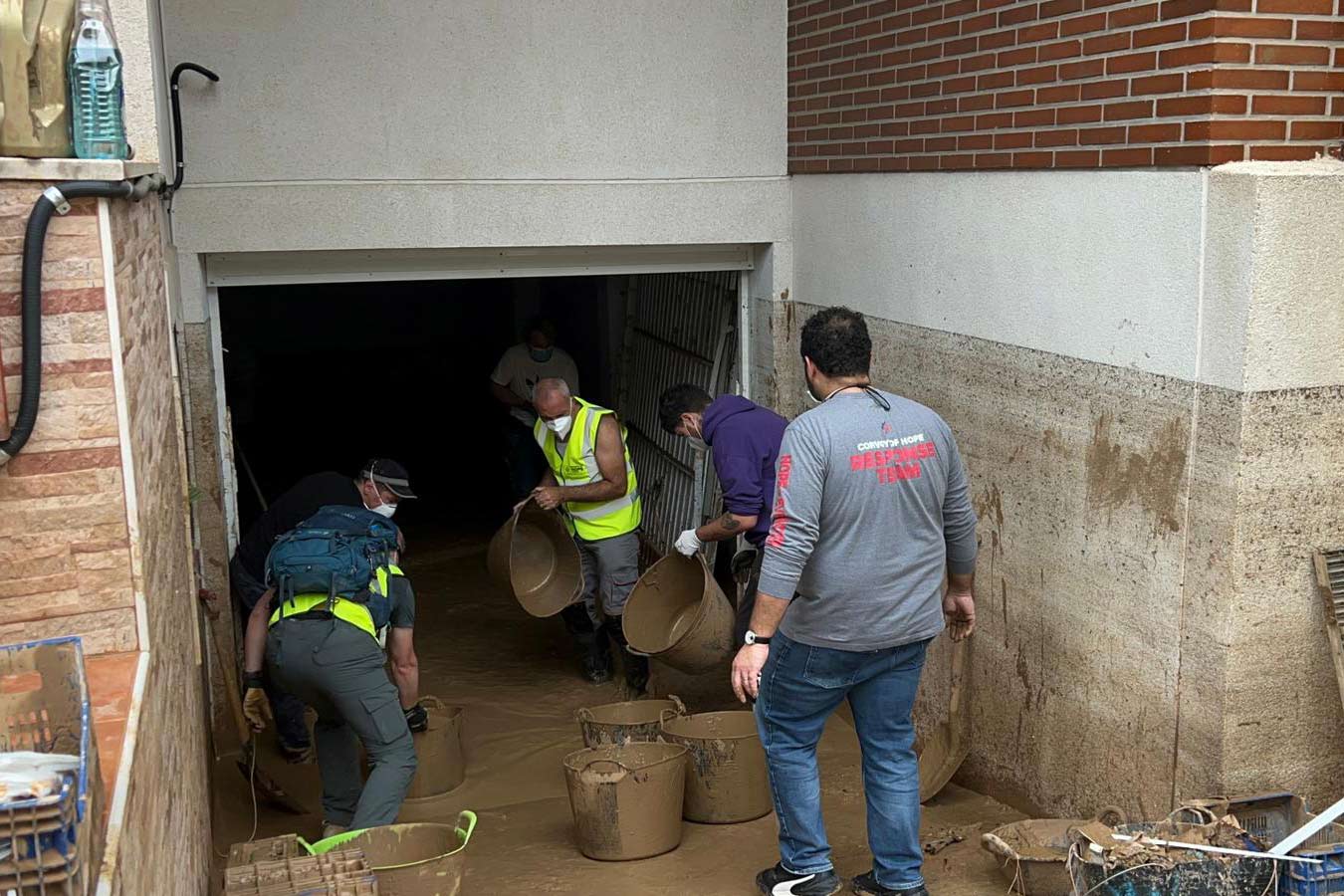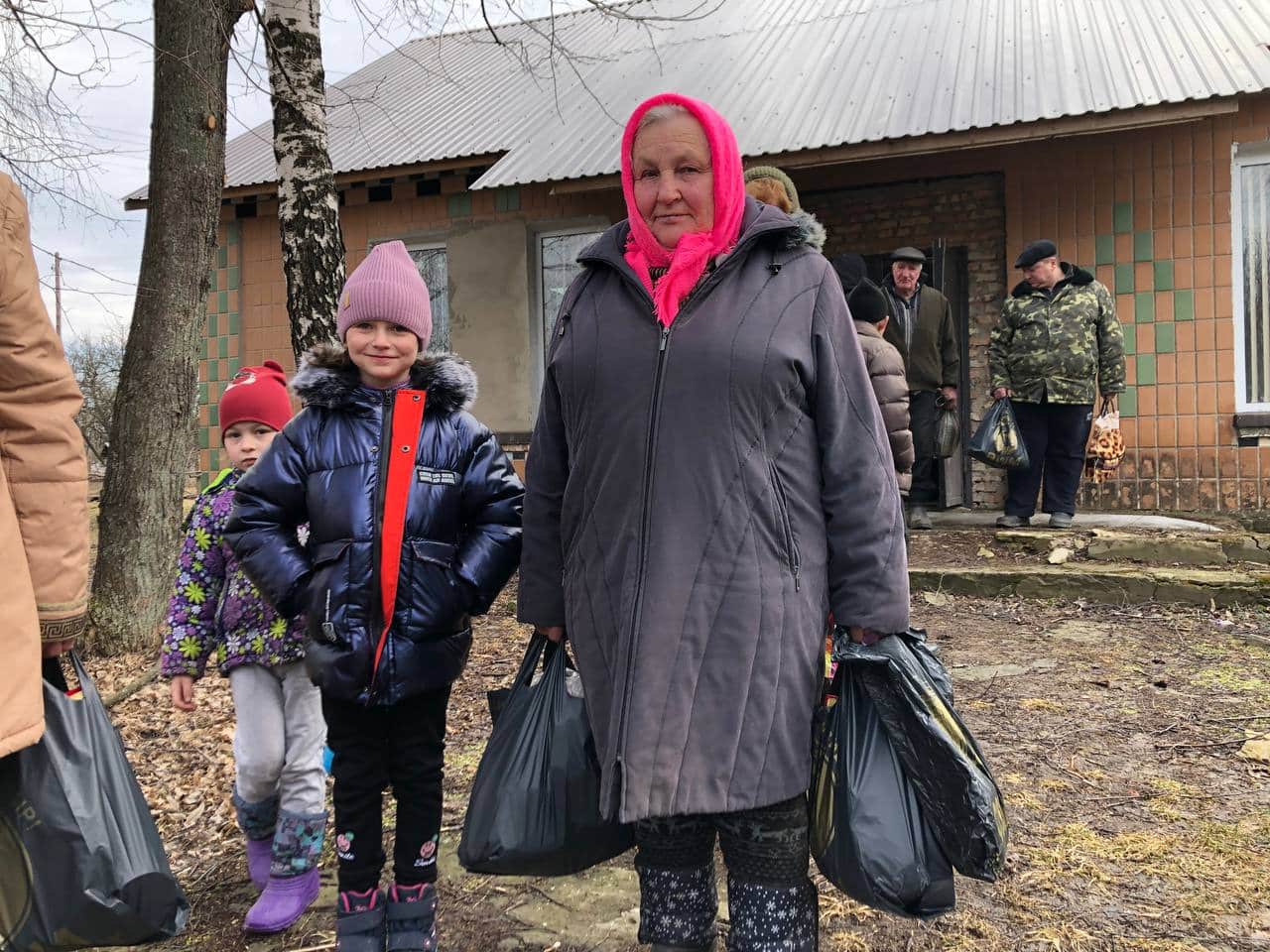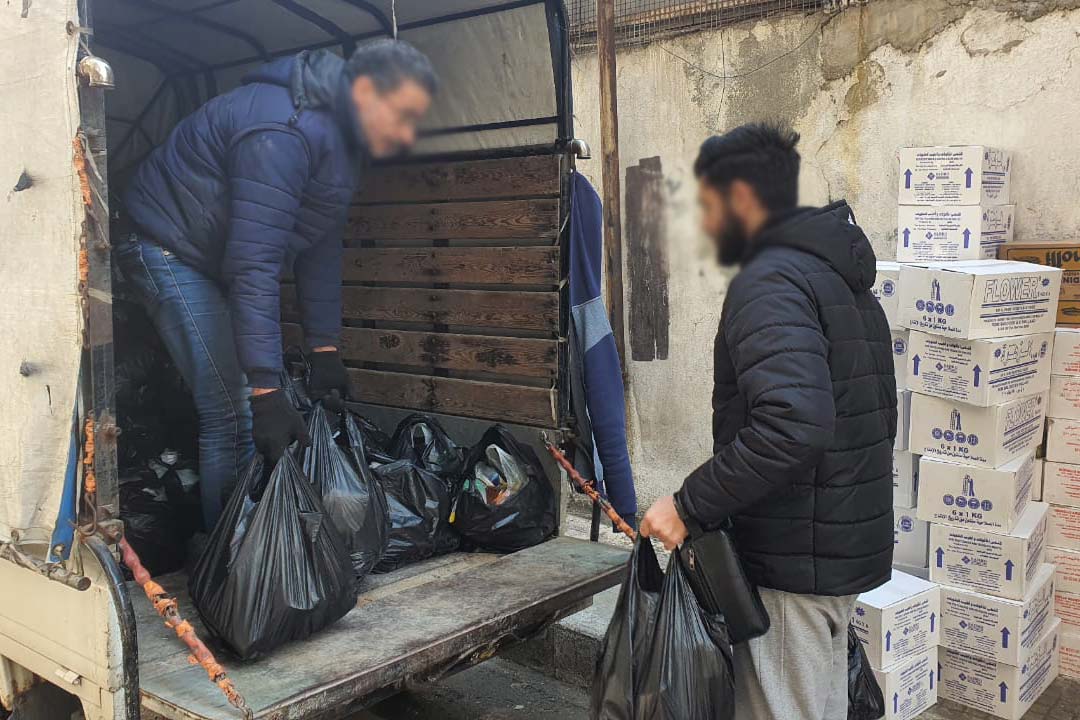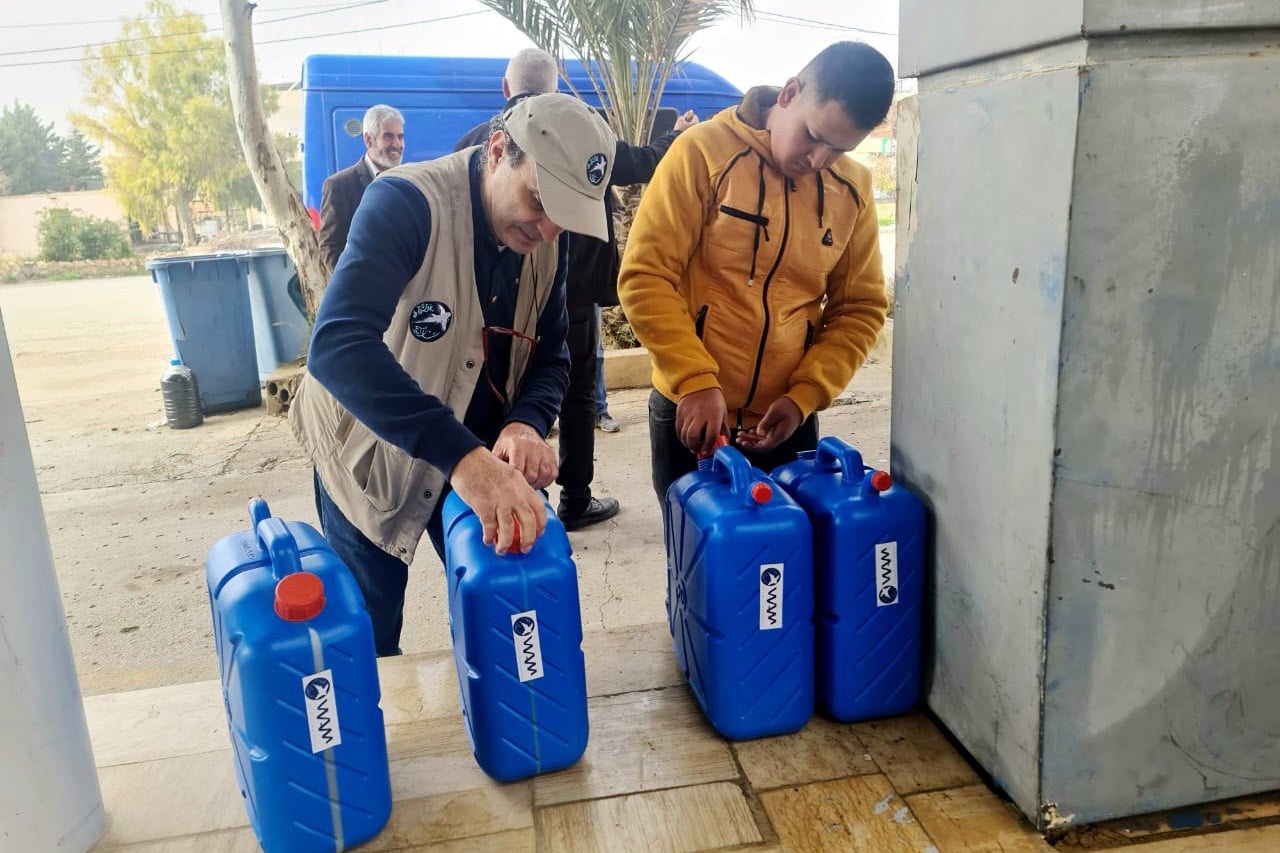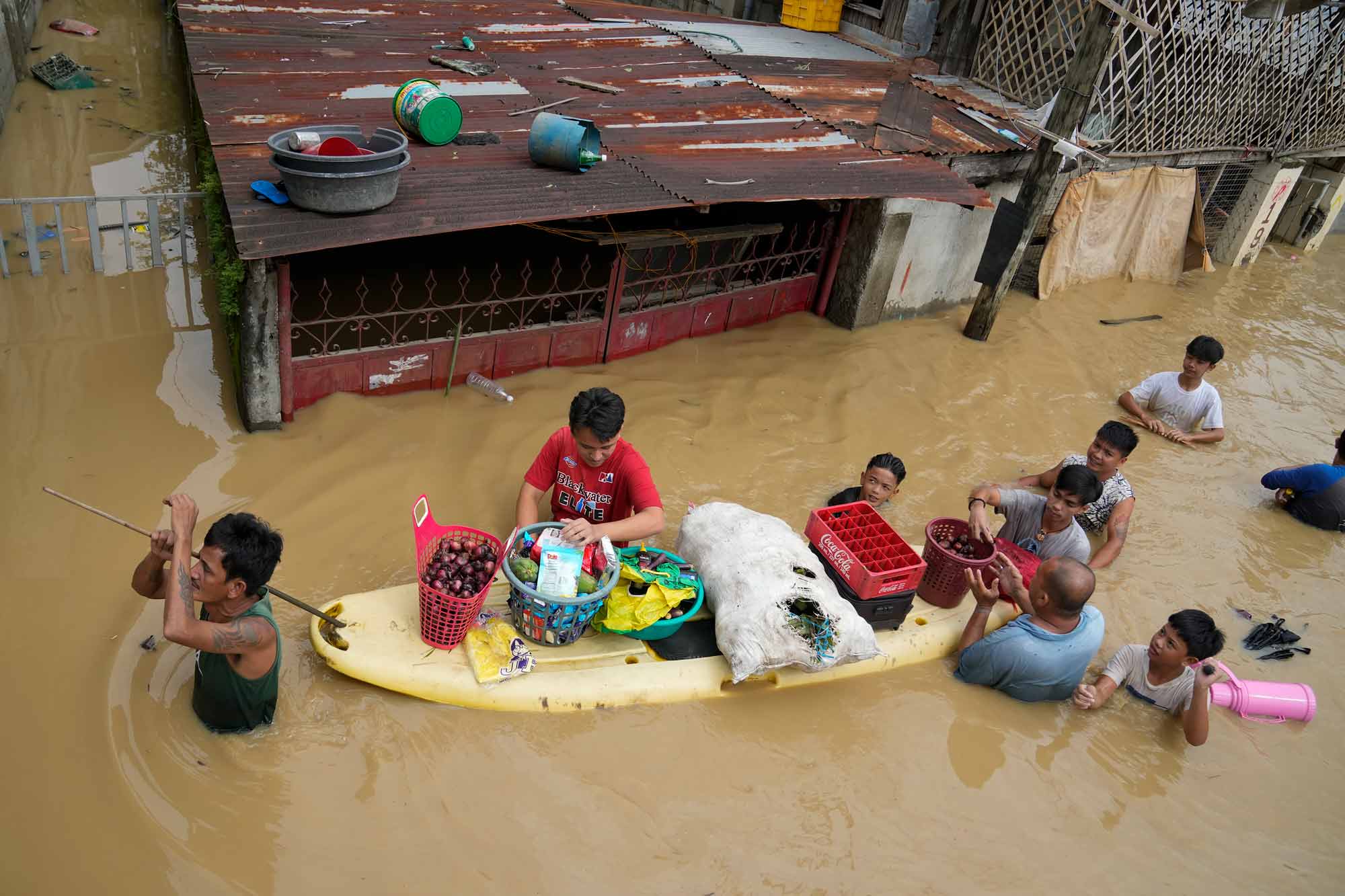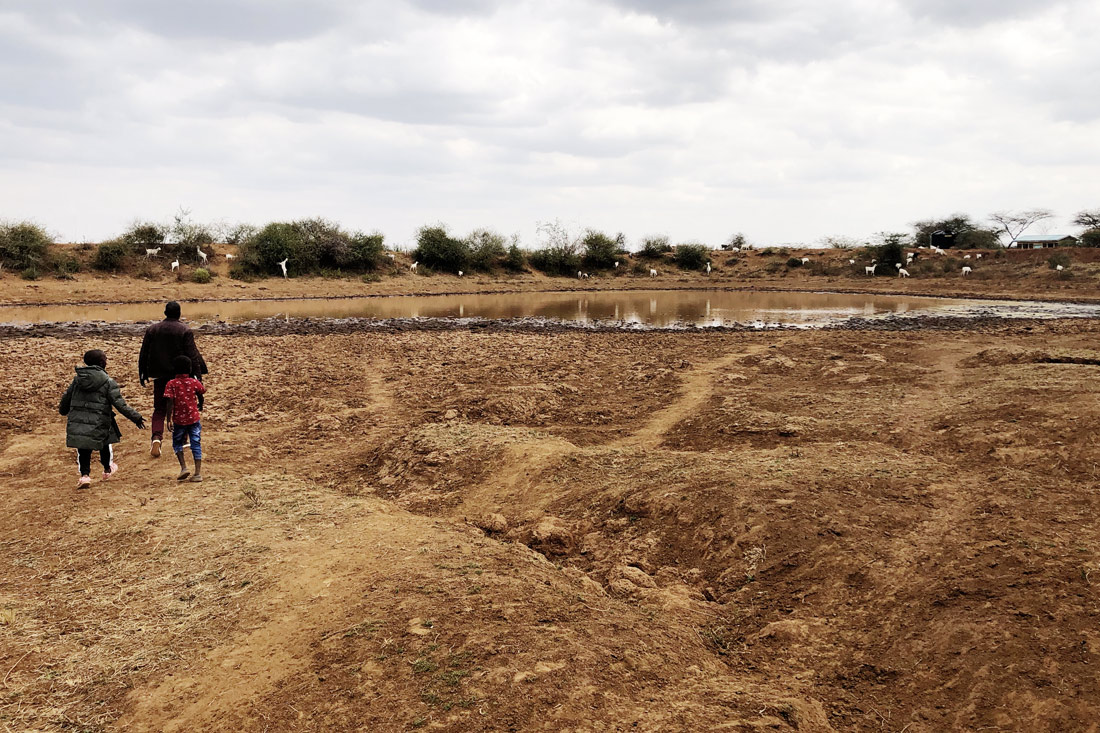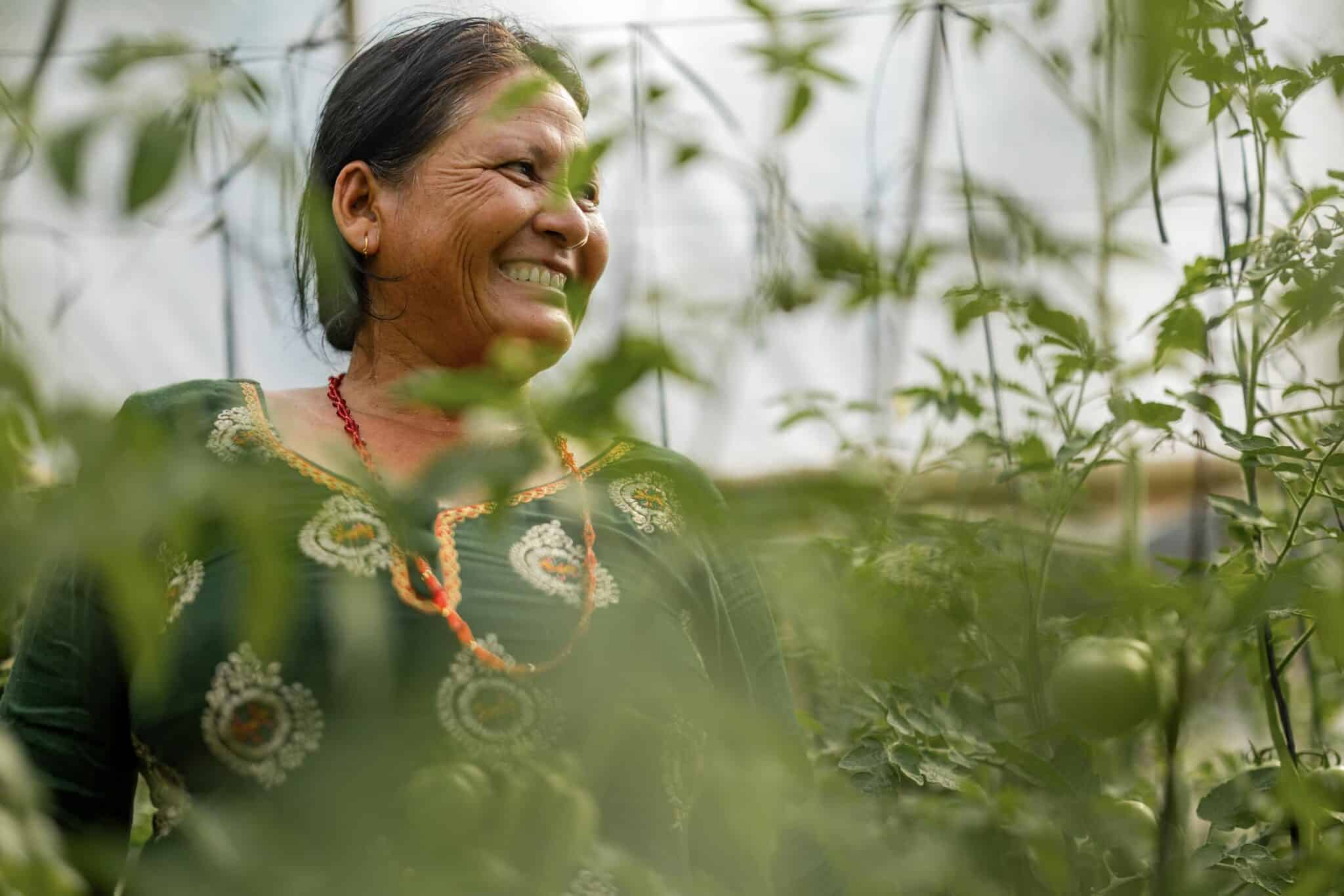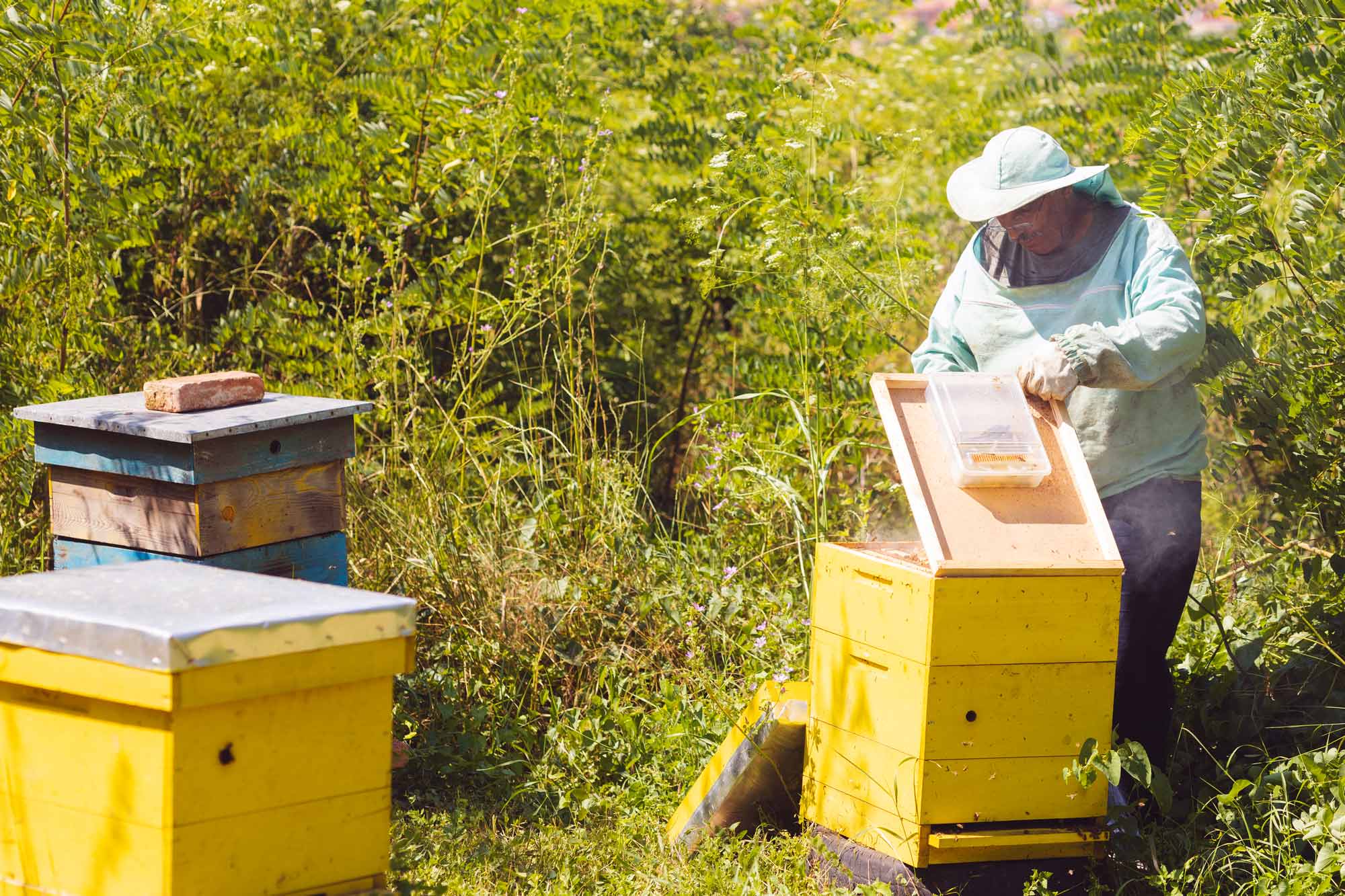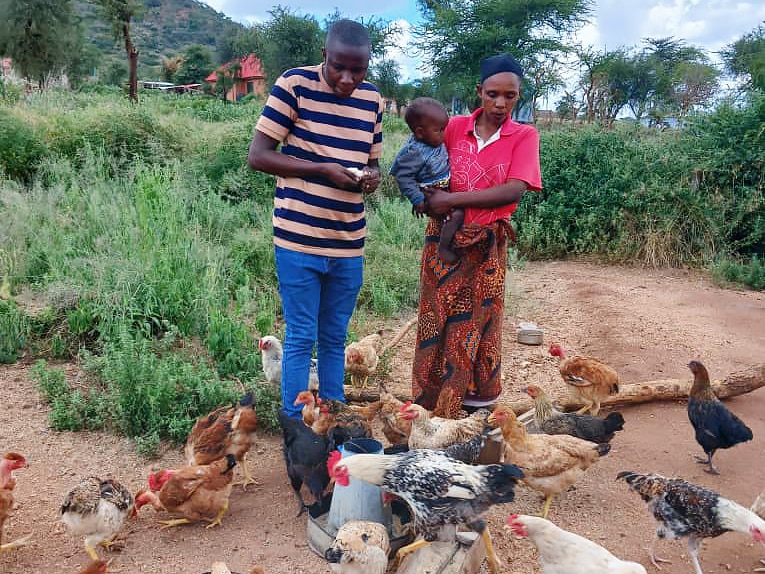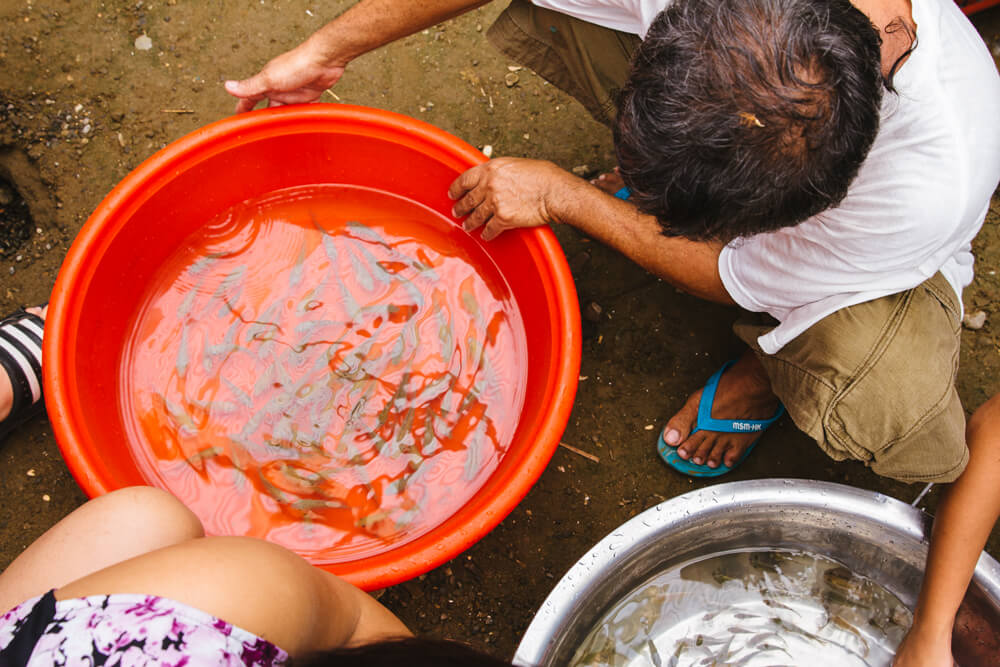
If you were given $1 per day, how would you spend it? For many working class Filipinos, this is a real question they face. Every day, they’re burdened with the challenge of providing enough for their families. Countless hours of backbreaking labor yields enough pesos to rummage a small portion of rice and a couple sardines — hardly enough to feed a family of four.
But when we create sustainable solutions to poverty, we empower people to become self-reliant. For the people of Calajunan, Philippines, we did so through an innovative aquaponics system installed by a Field Teams group from Bonita Valley Church in California.

Nate Shuck, U.S.-based worker who spearheaded the project, describes aquaponics as a cross between aquaculture, the raising of fish, and hydroponics — growing plants and vegetables in a soil-free system.
“The waste produced by farmed fish supplies nutrients for the plants to grow hydroponically, which creates both food and clean water for the people in the community,” Shuck says.

The community will be able to produce 7 to 10 times more food in the aquaponics system, compared to growing it in a traditional garden. They plan on harvesting lettuce, tomatoes, bok choy, and tilapia. A portion of the food can also be sold at the corner store to provide income for their families.
“Every day, I think of the thousands of meals this system will provide for years to come,” Shuck adds.
Alleviating the burden of hunger allows the people of Calajunan to use their hard-earned income on other basic necessities.

